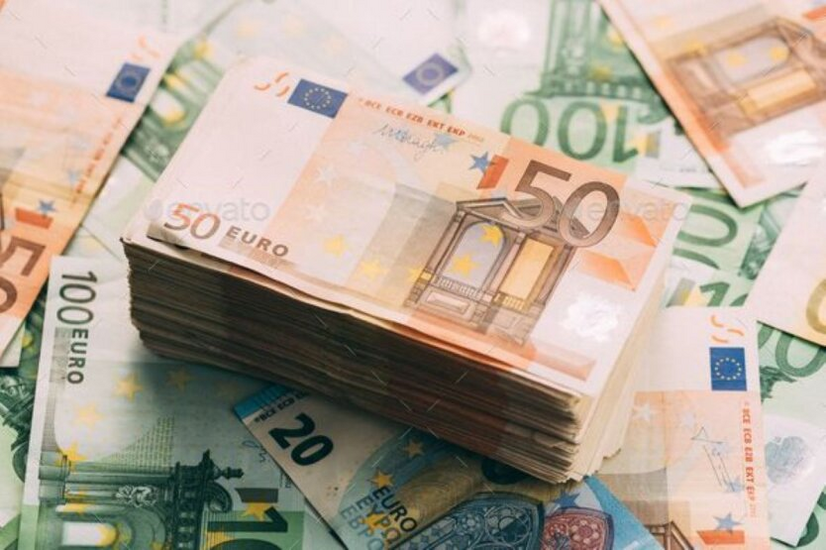Growth of Europe's Largest Economy Falls to Historic Low.


Since 2019, Germany's economy has grown at its slowest rate in the last 70 years, according to data from the Federal Statistical Office, reports BILD.
The economic growth of Germany, which is the largest in Europe and the third largest in the world, has slowed to a historic low.
Expert Niels Geisterhagen notes that the German economy has been growing at its slowest pace since 1949.
The number of unemployed is increasing, and real wages in the first quarter of this year were lower than in 2018.
The decline in real wages accelerated significantly in 2022 and 2020 due to the energy price crisis and the coronavirus crisis, respectively.
The country's production volume decreased by 0.1% in the second quarter of 2021 compared to the previous quarter, deviating from the expected growth.
Bert Rürup, former head of the Council of Economic Experts at the German government, considers the debt brake policy to be a problem that prevents borrowing to replenish the budget.
Rürup also believes it is necessary to change the system of allocating civil aid for the unemployed, as some people find it more profitable to receive aid and work illegally than to work full-Time.
The expert explained that civil aid should be aimed at returning to normal labor relations, rather than becoming an unconditional basic income.
Source: Economic Truth
Read also
- Russia is attempting to land troops in southern Ukraine - details
- Russia expands propaganda presence in Africa - GUR
- The assassination of Colonel Voronych in Kyiv - the SBU eliminated the assassins
- Kalibrs at Sea - Military Report on the Deployment of Russian Ships
- Payments to the Armed Forces of Ukraine - who can receive financial assistance in July
- Russia attacked Ukraine with drones - how many were shot down by air defense forces









